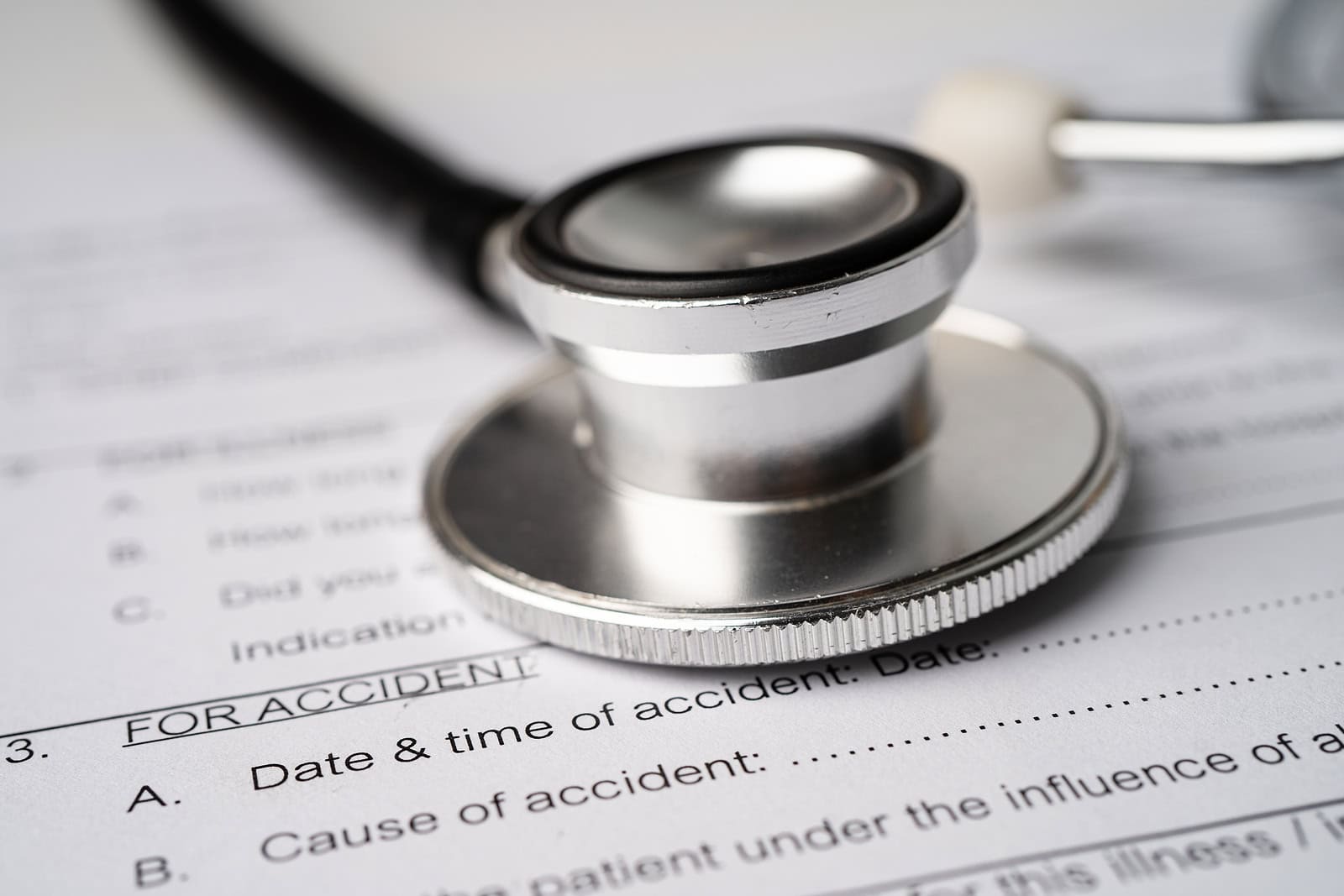
High blood pressure, or hypertension, is a common health issue known for its potential to cause serious cardiovascular problems. However, its impact extends beyond heart health; hypertension can also affect your hearing.
Understanding the Link Between High Blood Pressure and Hearing
High blood pressure impacts the vascular system, which includes the arteries that supply blood to the ears. Good circulation is crucial for maintaining healthy hearing, as the inner ear requires a steady supply of oxygen and nutrients to function effectively. Hypertension can damage the delicate blood vessels in the inner ear, leading to diminished hearing ability.
How High Blood Pressure Affects Hearing
The inner ear is particularly sensitive to changes in blood flow. Here’s how high blood pressure can lead to hearing loss:
- Reduced Blood Supply: Constantly elevated blood pressure can narrow and stiffen the arterioles (small branches of arteries), reducing the blood supply to the inner ear and causing damage.
- Hemorrhages: Hypertension might also lead to small hemorrhages in the blood vessels of the inner ear, which can result in sudden or gradual hearing loss.
- Cognitive Load: High blood pressure is known to affect cognitive function by reducing blood flow to the brain, which can impact the brain’s ability to process sound.
Symptoms of Hearing Loss Related to High Blood Pressure
The symptoms of hearing loss due to high blood pressure might not be immediately obvious, as they often develop gradually. Here are some signs to watch out for:
- Difficulty understanding spoken words, especially against background noise
- Muffled hearing
- Frequently asking others to speak more slowly, clearly, and loudly
- Needing to turn up the volume of the television or radio
- Withdrawal from conversations
- Avoidance of some social settings, especially large groups or crowded events
Diagnosing Hearing Loss
Diagnosing hearing loss typically involves a thorough examination by a hearing healthcare professional. We will conduct various tests to determine the type and degree of hearing loss and find out more about how hearing loss is impacting your daily life. Additionally, measuring blood pressure will help establish if hypertension could be affecting your hearing.
Management and Prevention Strategies
Managing high blood pressure and preventing hearing loss involves a combination of lifestyle changes, medical intervention, and regular monitoring. Here are effective strategies to consider:
Lifestyle Changes
Promoting heart and ear health can be achieved through several lifestyle modifications:
- Healthy Diet: Consuming a diet rich in fruits, vegetables, whole grains, and lean proteins while avoiding excessive salt and fats can help manage blood pressure.
- Regular Exercise: Engaging in regular physical activity helps maintain healthy blood pressure and improve overall cardiovascular health.
- Limit Alcohol and Quit Smoking: Both smoking and excessive alcohol consumption can exacerbate blood pressure and hearing problems.
Medical Treatment
There are also several medical treatments available to help control blood pressure:
- Medications: A wide range of medications are available to manage high blood pressure. Make sure to follow your healthcare provider’s advice and take medications as prescribed.
- Regular Monitoring: Monitoring your blood pressure at home and regular check-ups with your doctor can help keep your blood pressure in check and allow for adjustments in treatment as needed.
Hearing Protection Strategies
While managing blood pressure is critical, protecting your hearing is equally important:
- Avoid Loud Noises: Exposure to loud noises can further damage hearing. Use hearing protection like earplugs or earmuffs in noisy environments.
- Regular Hearing Checks: Regular hearing evaluations can help catch any changes in hearing abilities early and allow for timely interventions.
Monitor Your Blood Pressure
You should seek medical attention if you experience any of the symptoms of high blood pressure, or if your blood pressure readings are consistently high. Early detection and management are crucial in preventing further complications and maintaining both cardiovascular and auditory health.
Visit Us For More Support
The link between high blood pressure and hearing loss reminds us to take proactive steps toward maintaining both good hearing and cardiovascular health. Lifestyle changes, along with proper medical care, can prevent or mitigate the impacts of high blood pressure on hearing, promoting a healthier life.
Whether you are currently experiencing hearing issues or you’re interested in preventing hearing loss, visit us for a hearing test. We’ll find out more about your hearing health and hearing needs, and suggest ways you can boost your hearing health.
